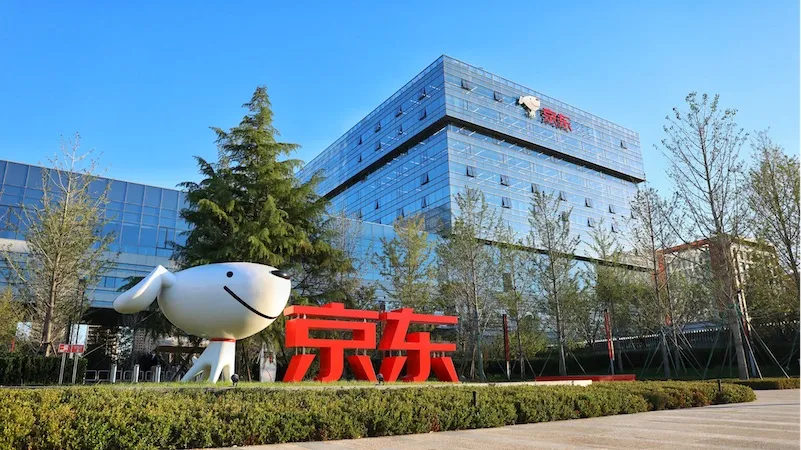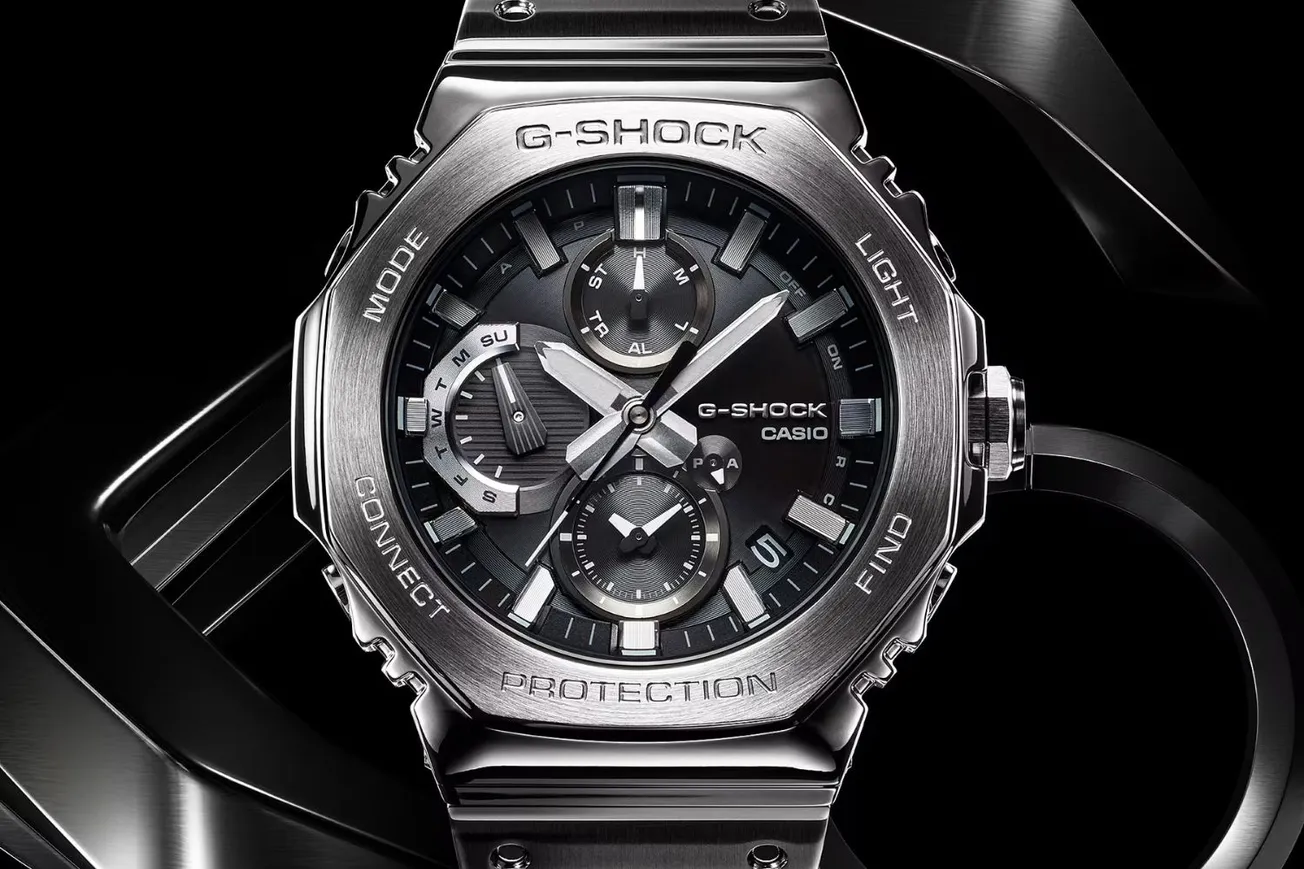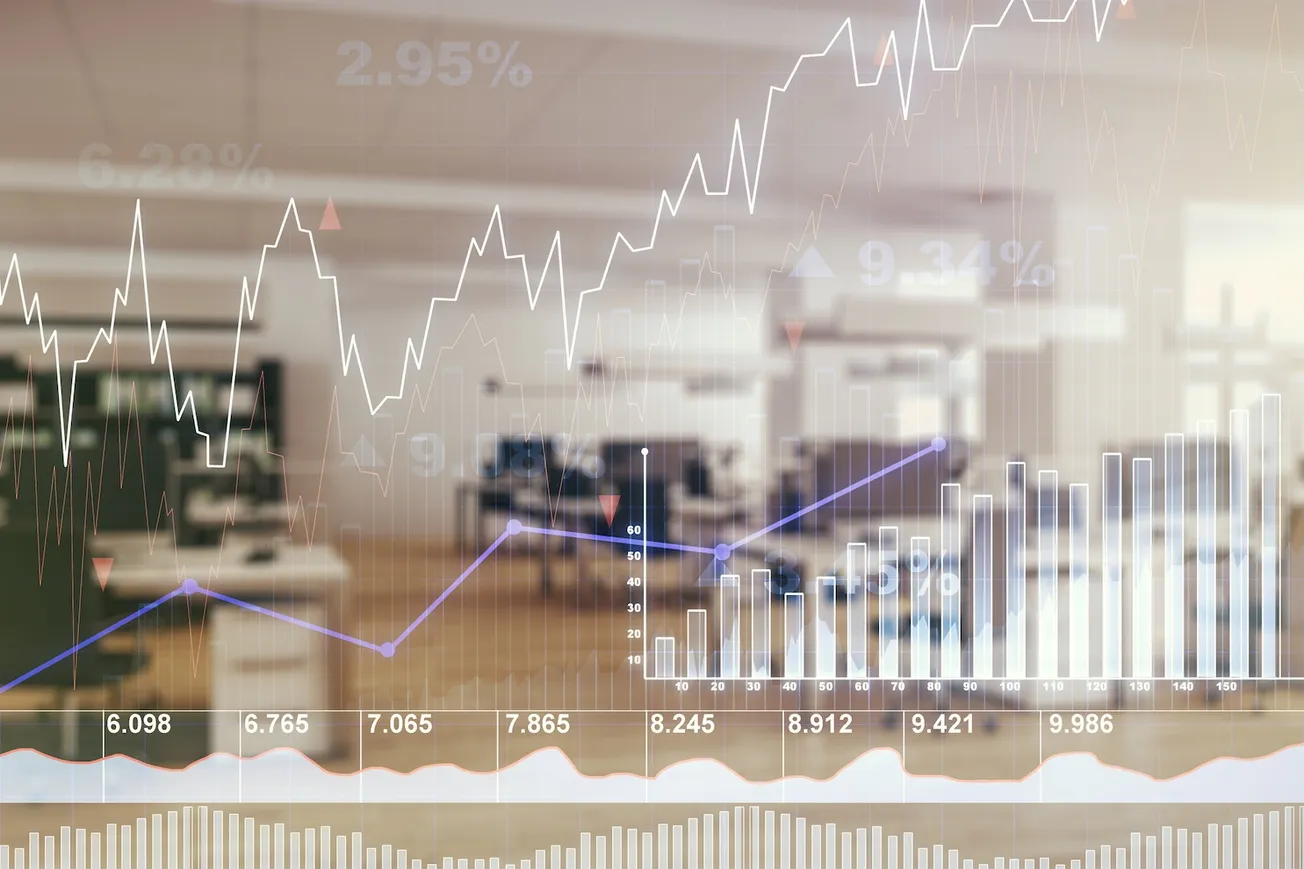Disclaimer: Asian Century Stocks uses information sources believed to be reliable, but their accuracy cannot be guaranteed. The information contained in this publication is not intended to constitute individual investment advice and is not designed to meet your personal financial situation. The opinions expressed in such publications are those of the publisher and are subject to change without notice. You are advised to discuss your investment options with your financial advisers, including whether any investment suits your specific needs. From time to time, I may have positions in the securities covered in the articles on this website. Full disclosure: I do not hold a position in Didi Global at the time of publishing this article. To reiterate, this post and the presentation below are for informational and educational purposes only - not a recommendation to buy or sell shares.
Didi Global (DIDIY US — US$23 billion) is China’s largest ride-hailing company.
You can think of Didi as the “Uber of China.” Open the app and specify a destination, and Didi will then match you with a driver to take you there. Payment is done seamlessly via the app.
Didi has been an incredible success story. It has almost 700 million users in China and beyond, with a significant presence in Brazil and Mexico. Supporting these markets are roughly 25 million drivers, many working full time.
The story began in 2012. An Alibaba salesman named Cheng Wei teamed up with a colleague to provide ride-hailing services in Beijing. It took them two years to launch the first version of the app. From 2014 onwards, Cheng Wei and his ex-Goldman Sachs partner Jean Liu raised US$20 billion to consolidate the industry, first acquiring Tencent-backed competitor Kuaidi Dache and then Uber’s business in China.
Then came the government’s crackdown on Chinese tech companies. Didi had managed to IPO on the New York Stock Exchange (NYSE) in 2021, raising US$4.4 billion. However, just days after the IPO, China’s cybersecurity regulator ordered all Chinese app stores to delete Didi’s app. And in the following 18 months, Didi’s market share dropped from 90% to 70%.
The Chinese government also pressured Didi to delist from the NYSE. Today, Didi trades over the counter on the US Pink Sheets market, which means lower reporting requirements. Didi doesn’t offer earnings calls with investors. And it issues press releases instead of quarterly reports.









